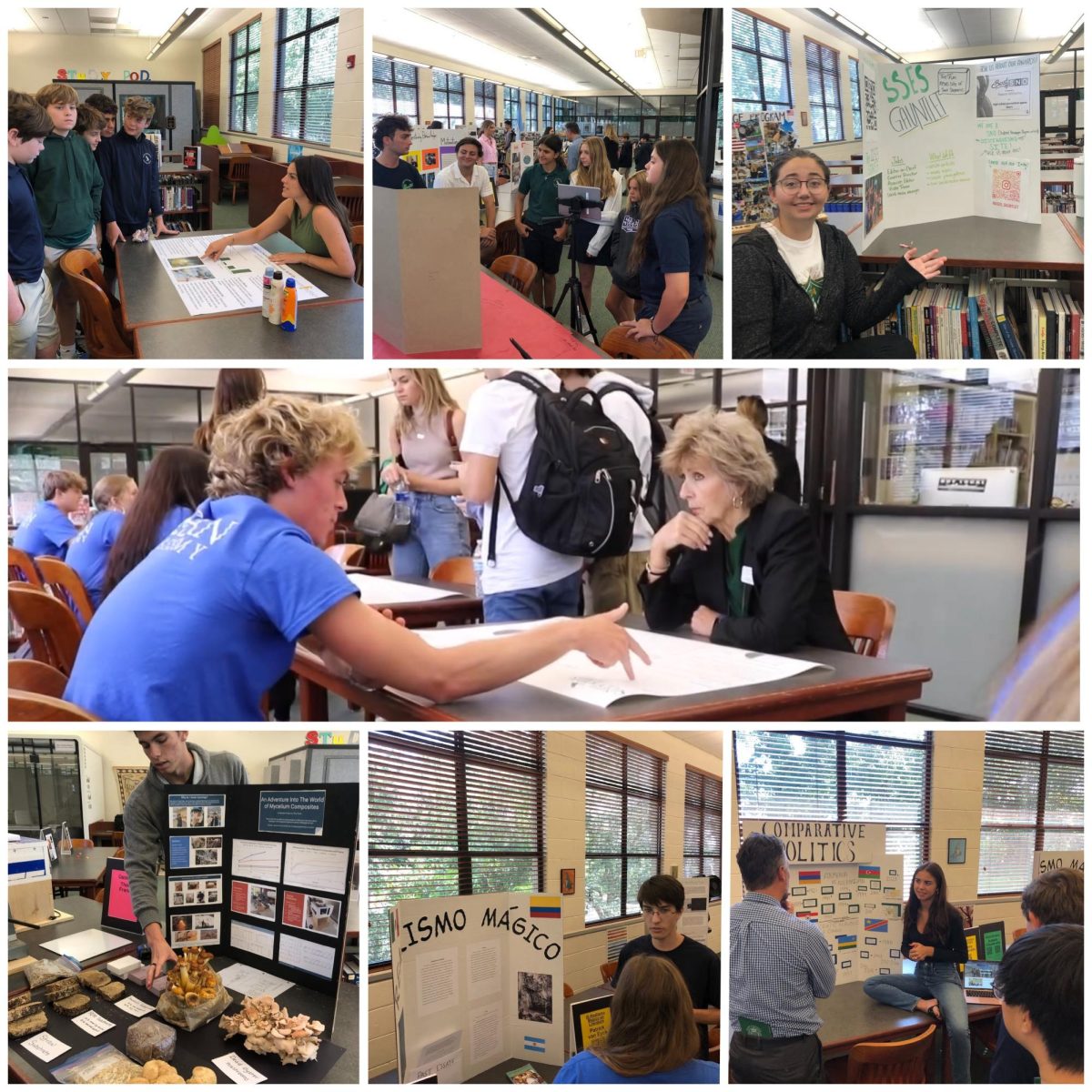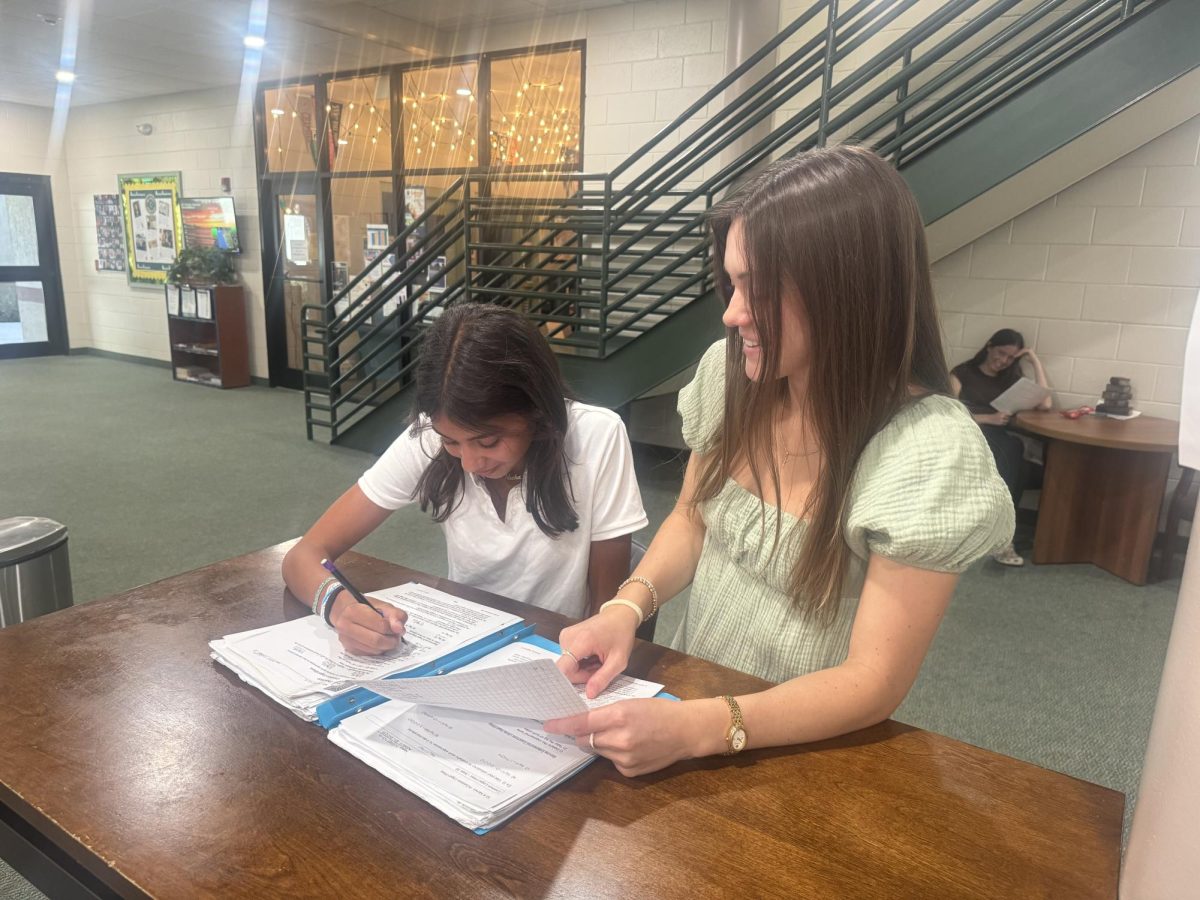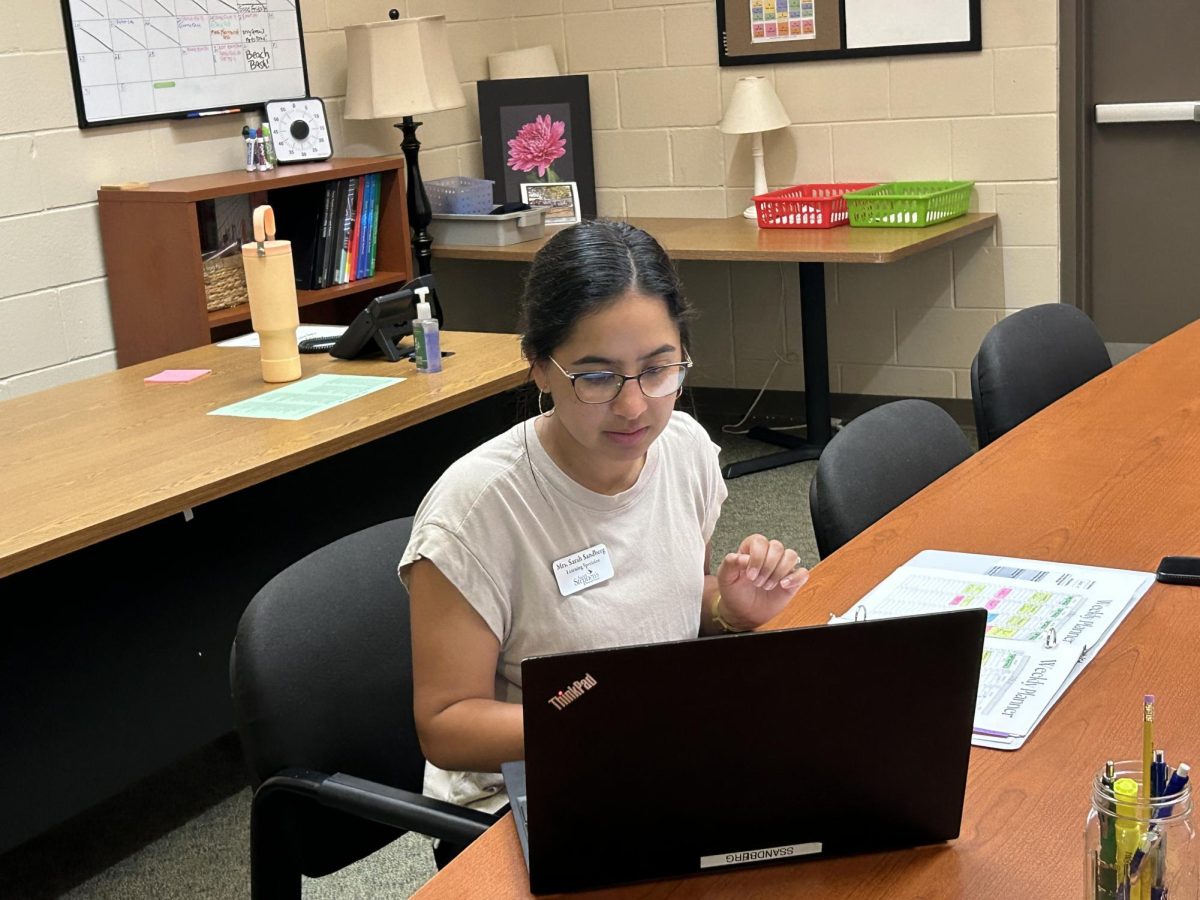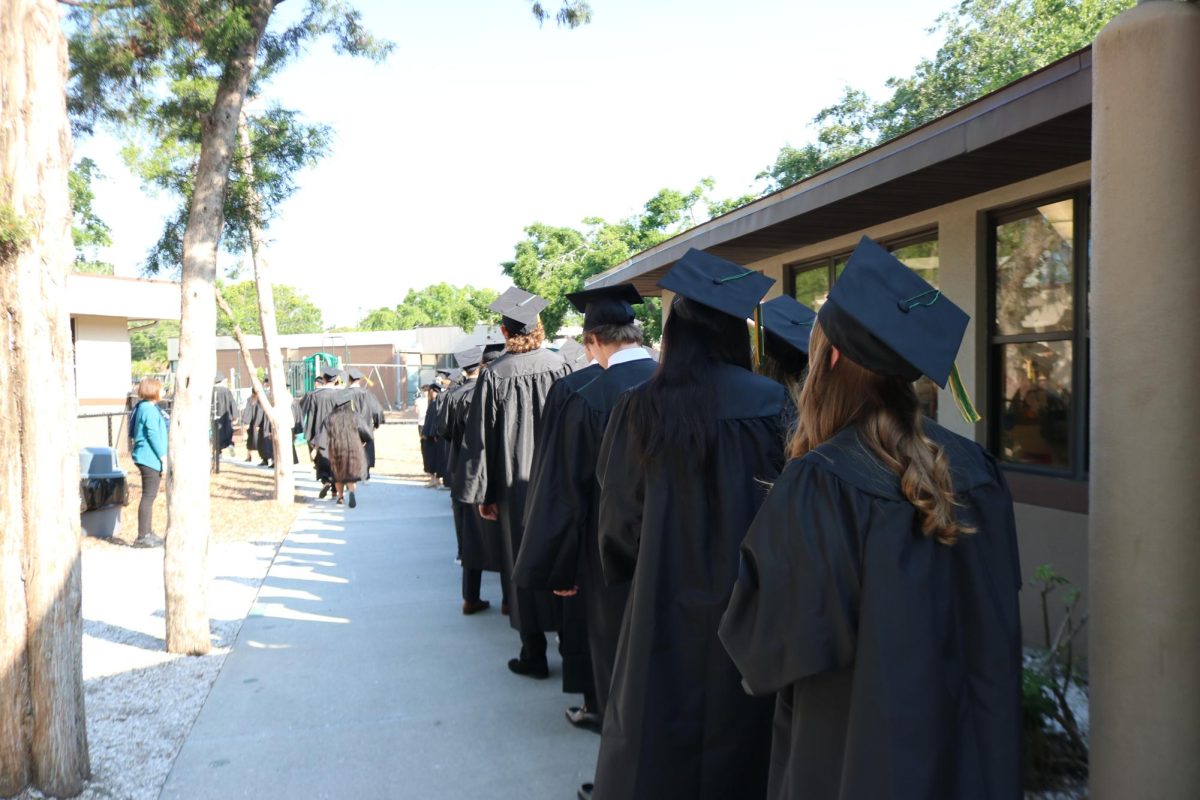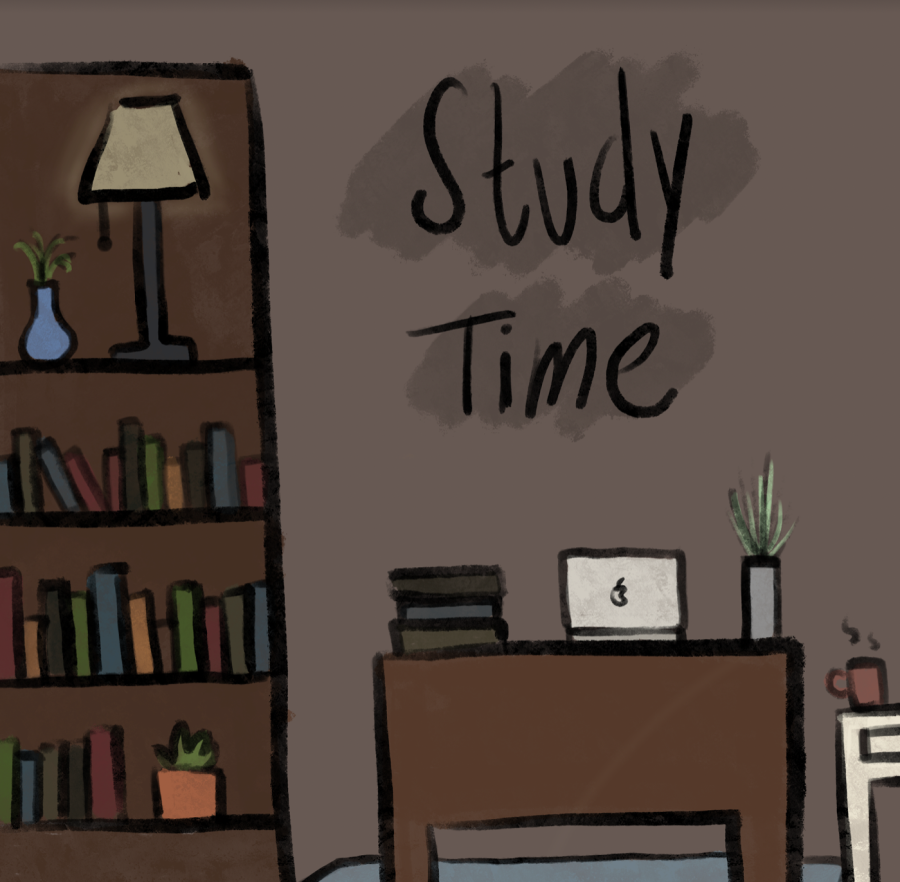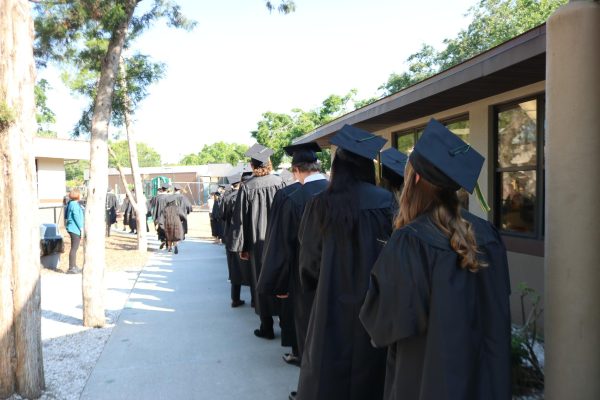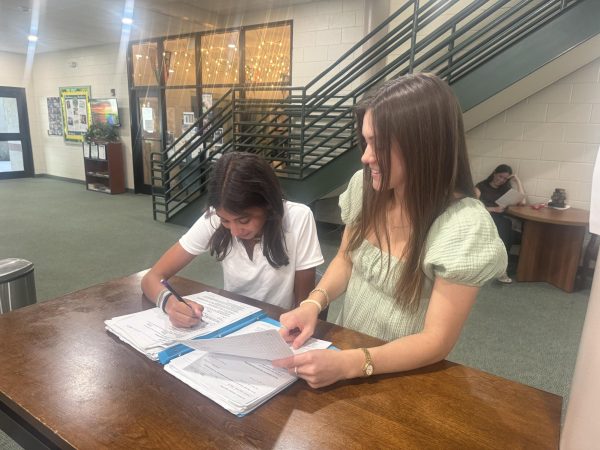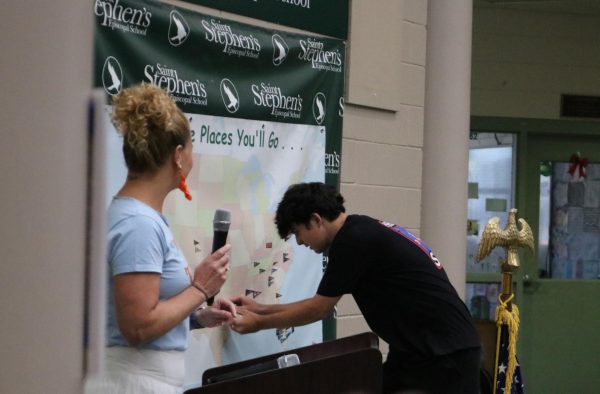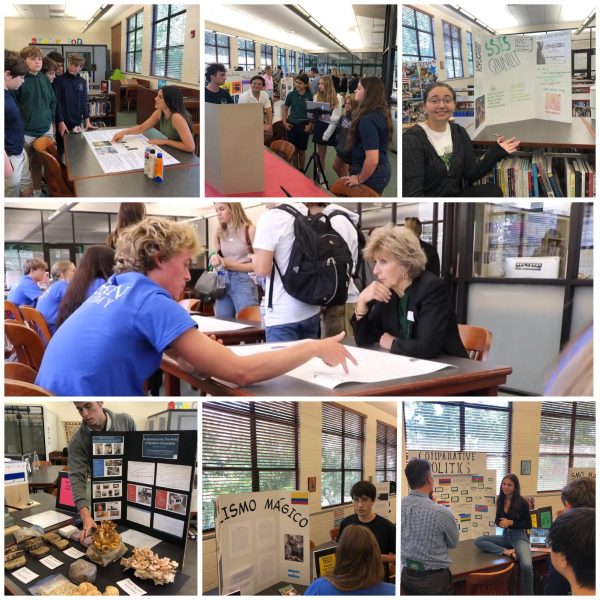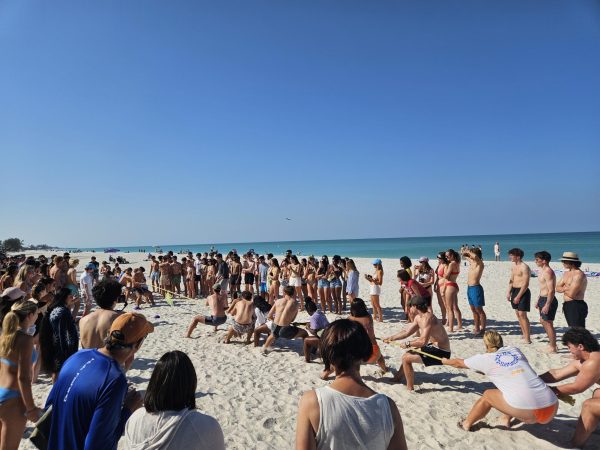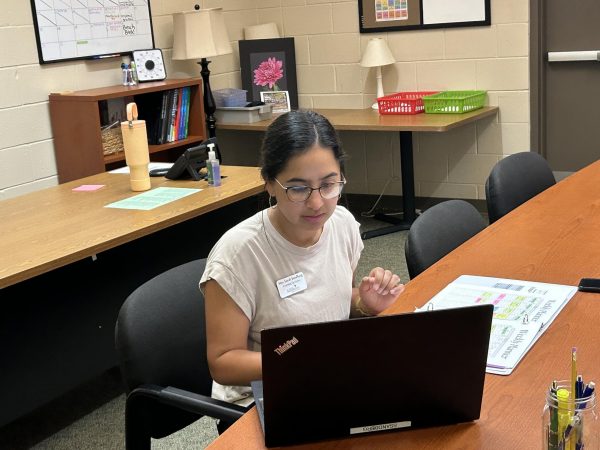Advice for the upcoming exams from students and teachers
With final exams coming up many students are stressed. Here is some advice from students and teachers.
May 3, 2022
As the end of the year approaches, many students are figuring out how to balance regular school work, sports, and most importantly, studying for exams. This is a very stressful time for most students, so I decided to ask several teachers and students for their best study tips as the time of exams nears. Here’s what they recommended.
Alexander Mclemore:
“My best study tip is to always look for a video that can elaborate on the information, whether it’s YouTube or an AP Daily Video, you can watch them at your own pace and pick the topics that you feel you need to review. This customizes your specific needs instead of the needs of your class.”
Jayden Ribeiro-de Sá:
“Well firstly, do everything in moderation, because if you spend too much time focusing on your studies, you cause too much unneeded stress on your mind and you may be less likely to perform well. Two of the best ways of doing this is making a schedule for yourself to decide when you should study and the other way is to find a group to study with so the task isn’t as daunting. Other people’s opinions when studying are also really helpful and can make the difference between success and failure.”
Mr. Whelan:
“I think that it’s important that when sports seasons end, it is important to exercise. If you need a break, do something physical. It is better to spend multiple times a day [studying] then cramming it all at once.”
Mr. Zubizarreta:
“Even though you want to study multiple subjects at a time, focus on one. Also, I would recommend you to put your phone away and block time to study uninterrupted. For you guys, your phone seems to be the whole world, so if you take that away, you’re less likely to get distracted. Take small breaks, and use your resources. It’s important to use the library because there are not as many real distractions as there would be at home.”
Mr. Cotton:
“I would suggest that you do the reviews before class time and then to ask questions in class. When you are at home, look at the textbook and find similar problems. Basically lots of practice problems for any math class.”
Dr. Ward:
“When I study to take a test, I gather all my materials that have been in all units and I create a study guide. I like to create an outline. That sounds very formal, but I try to make connections almost like a concept map and put them all together into one study guide. It starts from re-reading all of my notes and then moving on into organizing my thoughts. I find examples and just practice. Practice is what helps in problem based classes like math and science.”
Don’t let exams stress you out too much, they are just meant to test your knowledge. They don’t judge your intelligence or your worth as a student, so don’t stress too much! Take these tips from your peers and teachers and do your best!


